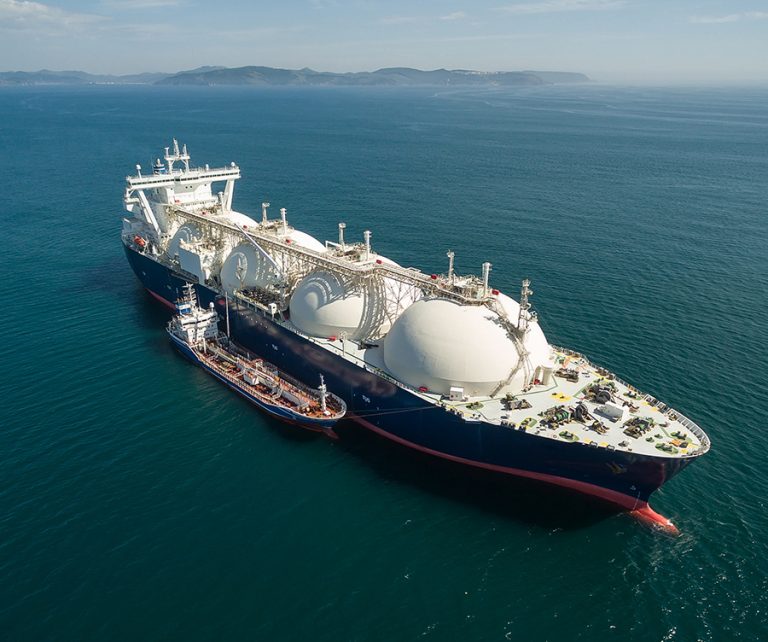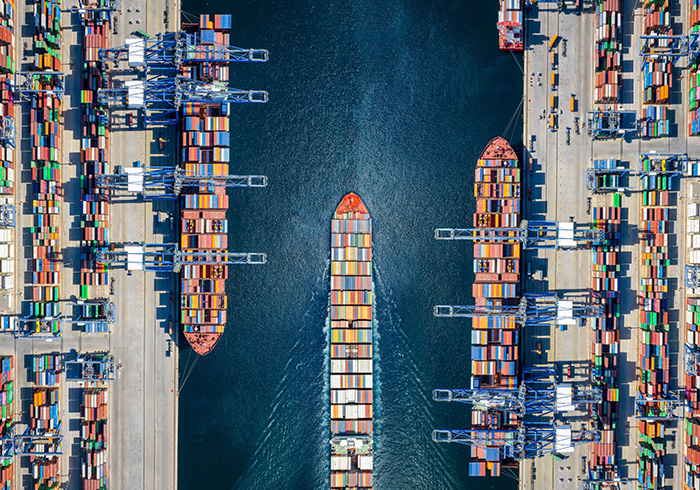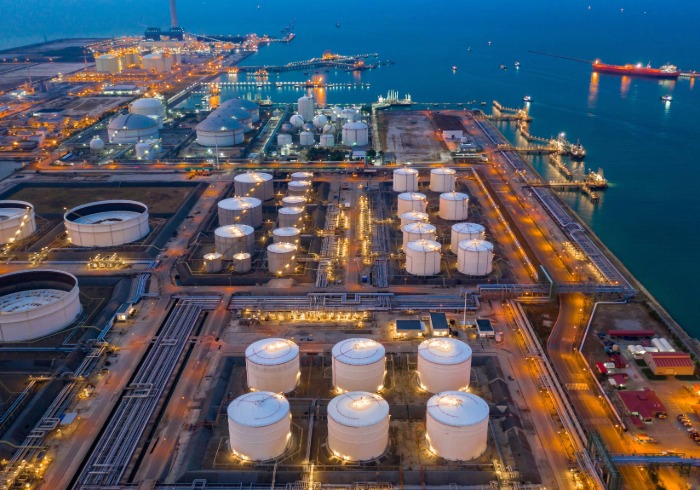Climate activists have filed a lawsuit against the Export-Import Bank of Korea (Kexim) and the Korea Trade Insurance Corporation (K-Sure) in a bid to block their mooted involvement in a US$7.2bn LNG project in Mozambique.
Mozambican civil society group Justiça Ambiental and three South Korean youth activists brought legal action against Kexim and K-Sure in the Seoul Central District Court yesterday, arguing the courts should prevent them from financing the Coral North floating LNG project.
According to the plaintiffs, the Korean agencies are considering loans and guarantees worth US$1.9bn.
“The financial agreements are expected to be finalised within the first half of 2025, raising concerns that public funds will once again be used to support fossil fuel expansion abroad,” says a May 29 statement from Solutions for Our Climate, a non-profit that helped organise the filing.
The legal action seeks to prevent Kexim and K-Sure from making final investment decisions on or providing financial support to Coral North, a floating LNG project being developed by Italian energy firm Eni.
Eni is reportedly seeking financing after receiving project approvals from Mozambique’s government last month, with production slated to begin in the second half of 2028.
Located in Mozambique’s Rovuma Basin, the project is forecast to produce 3.55 million metric tons of LNG annually until the 2050s.
The plaintiffs argue that Kexim and K-Sure’s financing would support a dramatic expansion in Mozambique’s fossil fuel sector, undermining efforts to slow the pace of global warming.
“The projected greenhouse gas emissions of 489 million tons of CO2-equivalent during the lifecycle of the project can be compared to the total annual emissions of 10 cities the size of New York City,” Solutions for Our Climate says.
Such emissions would “significantly accelerate global climate breakdown and risk triggering irreversible tipping points, such as the collapse of polar ice sheets and rising sea levels”, it claims.
Kexim and K-Sure’s backing would also violate Korea’s constitutional and legal obligations, the activists claim.
Daniella Cha, a consultant at Solutions for Our Climate, says Korea cannot “credibly uphold its Paris Agreement commitments, or 2050 net-zero target while Kexim and K-Sure continue pouring billions in public funds into fossil fuel projects”.
“This contradiction undermines Korea’s climate credibility and delays the global energy transition,” Cha adds.
As a signatory to the Paris Climate Agreement, Korea has agreed to support global efforts to limit global warming to 1.5 degrees Celsius above pre-industrial levels.
According to a 2021 report from the International Energy Agency, no new oil and gas fields should be developed if the world is to have an “even chance” of limiting temperature rise to 1.5 degrees Celsius.
Mozambique’s gas output is set to boom in the coming years as energy majors Eni, TotalEnergies and ExxonMobil work to develop onshore and offshore projects.
Eni owns another floating LNG project in the region – Coral South – which has been operational since 2022 after securing project financing worth US$4.6bn. Export credit agencies from Korea, Italy, France and China were involved in the deal.
Nonetheless, energy development in the country has been repeatedly disrupted by ongoing violence.
TotalEnergies’ US$20bn Mozambique LNG project has been paused for several years following a terrorist incursion in the Cabo Delgado region, yet is now pushing to resume operations and has convinced major financial backers – including the Export-Import Bank of the United States – to unfreeze billions of dollars in project finance.
Kexim and K-Sure officials did not reply to emails from GTR.







